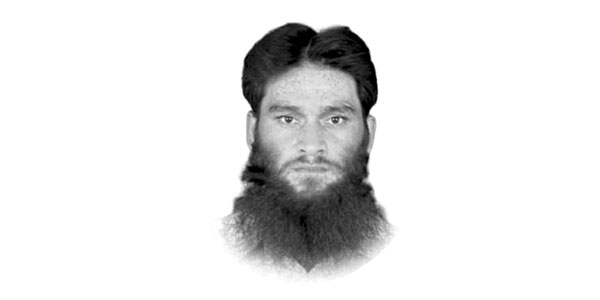Real income support programme
NOWADAYS, it is the talk of the town that Bangladesh has gone far ahead of Pakistan, even though when Bangladesh separated from Pakistan, there was more poverty and misery in Bangladesh.
A major character transforming Bangladesh into a stable economy is Dr. Muhammad Younis who started an income support program out of his own pocket for poor women of Bangladesh in 1976.
Under this scheme, Dr.Younis started giving business loans to the poorest women. These small loans began to uplift the social status of women.
These loans would empower the women and would provide them with a permanent source of employment and livelihood.
The loan repayment rate was surprisingly high and the recovery rate was over 99.6%. Dr. Younis used to take an undertaking from the beneficiaries of his microfinance program for adapting certain social norms including the oath to send their children to school.
In 1983, Dr.Younis’s microfinance scheme took the shape of Grameen Bank and the network spread to 98% of the villages in Bangladesh which has now spread to many countries of the world.
In 2006, Dr. Younis and his brainchild, Grameen Bank, jointly won the Nobel Peace Prize, the world’s largest award.
After Grameen Bank, Bangladesh has witnessed the launch of several other NGOs, one of which is BRAC, which is considered to be the largest NGO in the world.
Like Grameen Bank, BRAC also focused on microfinance. Bangladesh currently has the largest network of social sector organizations.Dr.Younis’s program and later the microfinance programs of other NGOs were actually income support programs in their literal meanings.
These programs give people the opportunity to create a permanent source of income for themselves.
The people took full advantage of this opportunity, and all the towns and villages benefited from this scheme which led to increase in income and reduction in poverty.
In the end, Bangladesh overtook Pakistan in the race for development. Several programs were also initiated in Pakistan under the name of Income Support Program to help the poor.
However, it is incorrect to label these programs as income support programs. These are actually the consumption support programs, helping the beneficiaries to support their family expenditure.
In these schemes, instead of teaching people any skills, the beneficiaries were given money for household expenses.
There is no component of income support in these programs. It is a well known proverb that it is much better to teach a person how to hunt a fish than to give him hundred fishes in charity.
By donating hundred fishes, you can benefit someone for a while and then he/she will need help from someone else.
In contrast, by teaching him how to hunt a fish, you can teach someone to be permanently self-sufficient.
The program, which started during the PPP era, has not yet been able to teach people self-reliance, nor can it.
Existing consumer support programs can easily be converted into income support programs.
The beneficiaries of these programs have some skills. Someone knows farming, someone can do the work of a mechanic, someone knows the skill of driving.
The income support program should support them in utilizing their skill to earn something. Once they have started their own business, future support should be conditional on the productivity of their business.
For example, while reviving the former Prime Minister’s chicken egg scheme, buy chickens for rural women, and make their future assistance conditional on the production of these chickens.
To save women from the tyranny of the ruthless market system, the government can make an agreement in advance to buy their products.
There is nothing wrong with this agreement if the government has to pay more than the market rate.
This aid will lead people to self-reliance. Similarly, every person benefiting from the Income Support Program should be provided technical and financial assistance to start a business according to his/her ability and in order to protect the interests of these people, a purchase agreement should be inked with them.
This program will gradually remove people from the list of recipients and add them to the list of donors.
Otherwise, these so-called income support schemes have not changed the condition of the people in the last 15 years and there is no possibility of change in the future.
These income support programs can be useful for the production of goods that the national economy needs but at present their production is not adequate.
For example, despite the fact that the production of edible oil is possible in the country, a large amount of foreign exchange is spent on the import of edible oil.
People who have small plots of land on which no crops are grown should be given technical and financial support for the production of edible oil here and they should be assured through contract that their produce shall be purchased.
Future funding under income support programs should be linked to this product. It will actually be an income support program that will increase people’s income and lift them out of poverty and make them self-reliant.
—The writer is Director, Kashmir Institute of Economics, Azad Jammu and Kashmir University.










